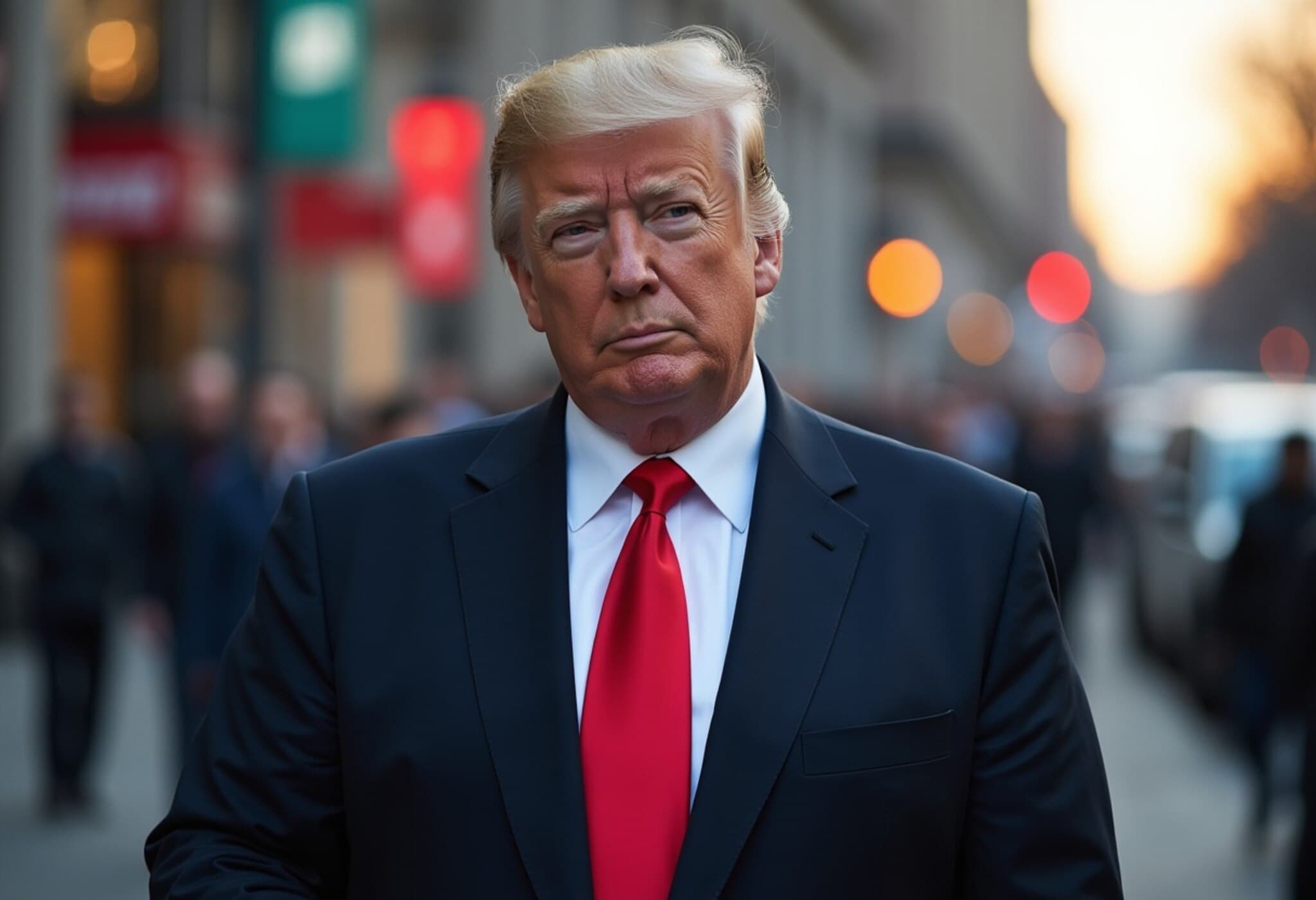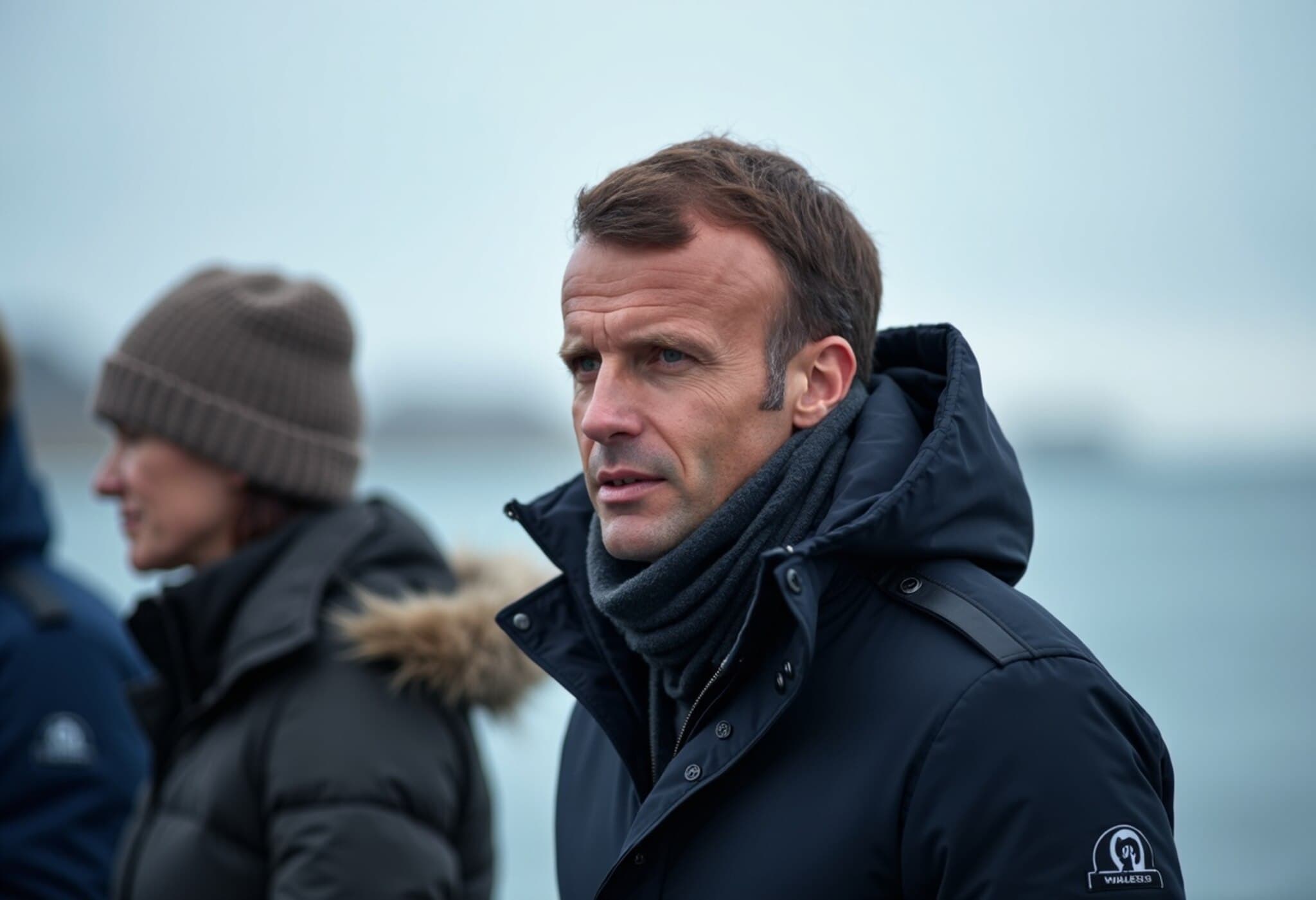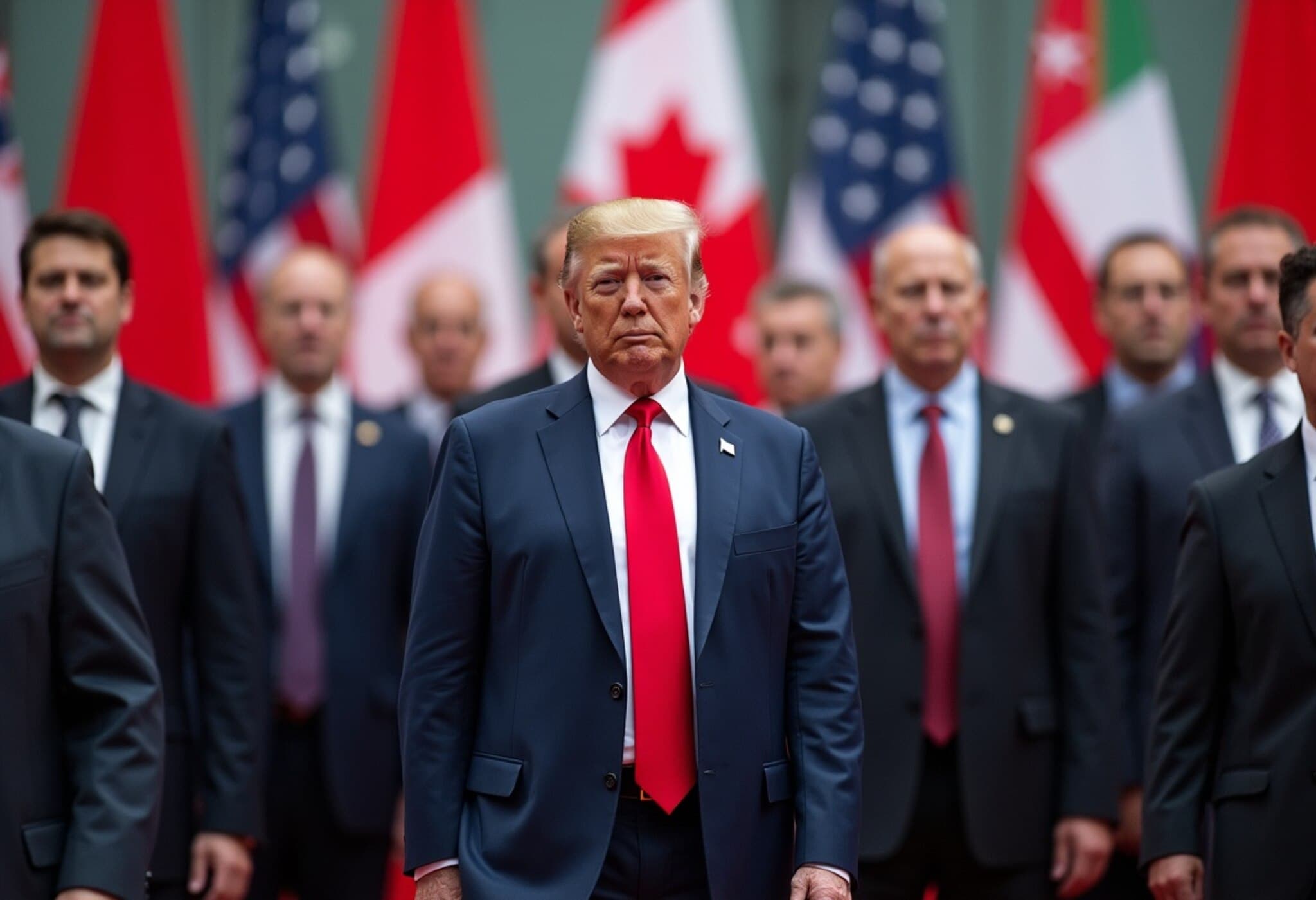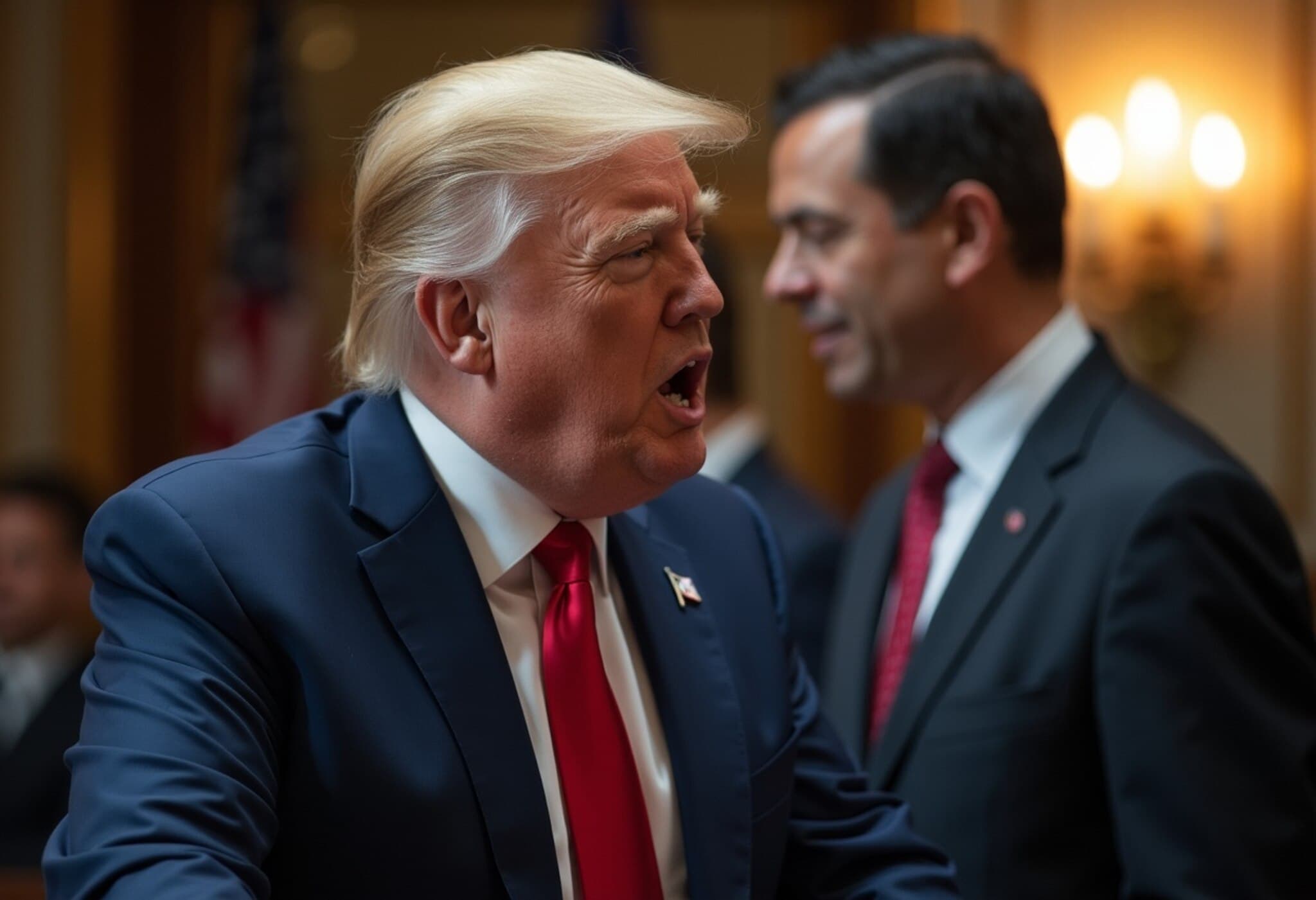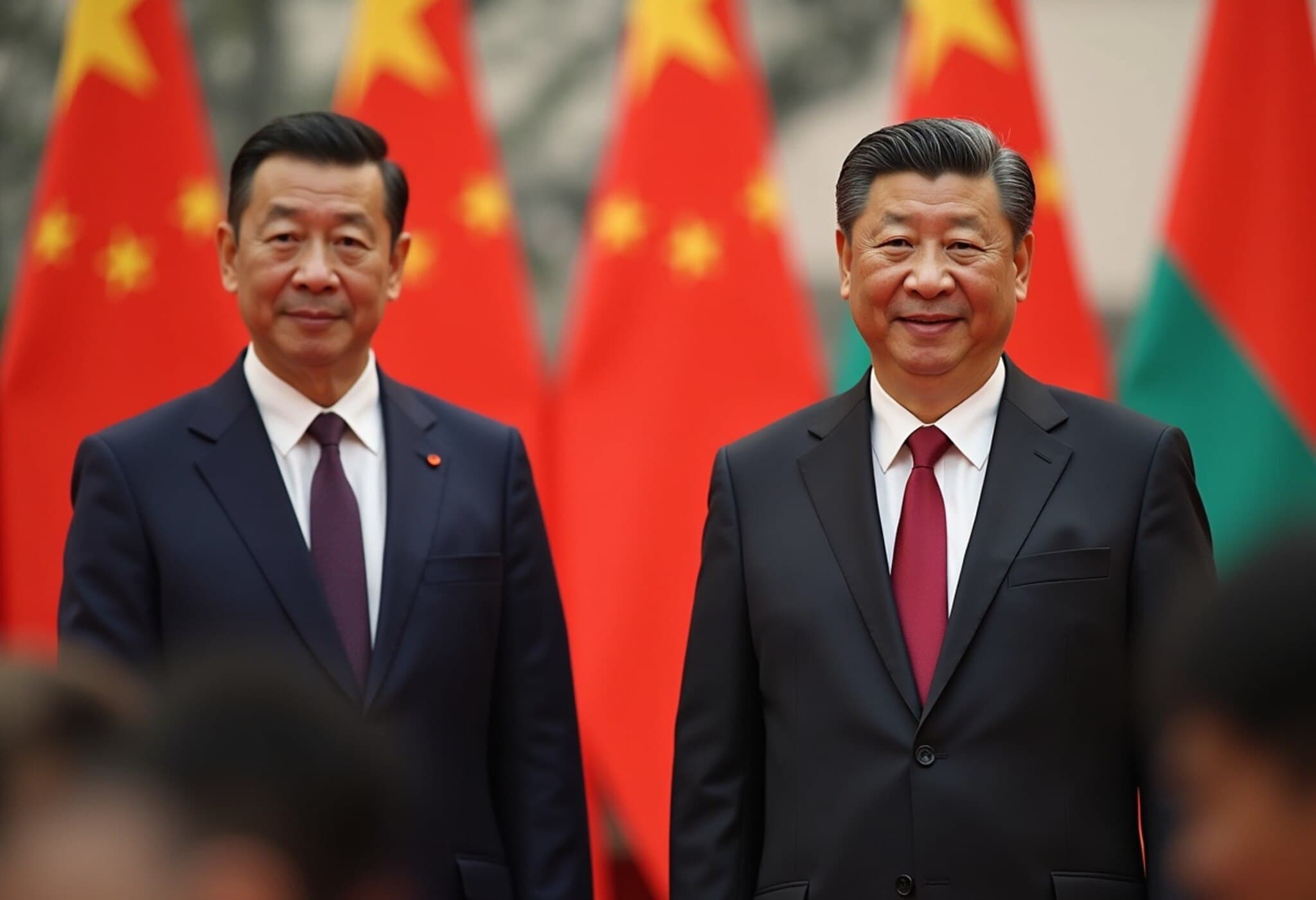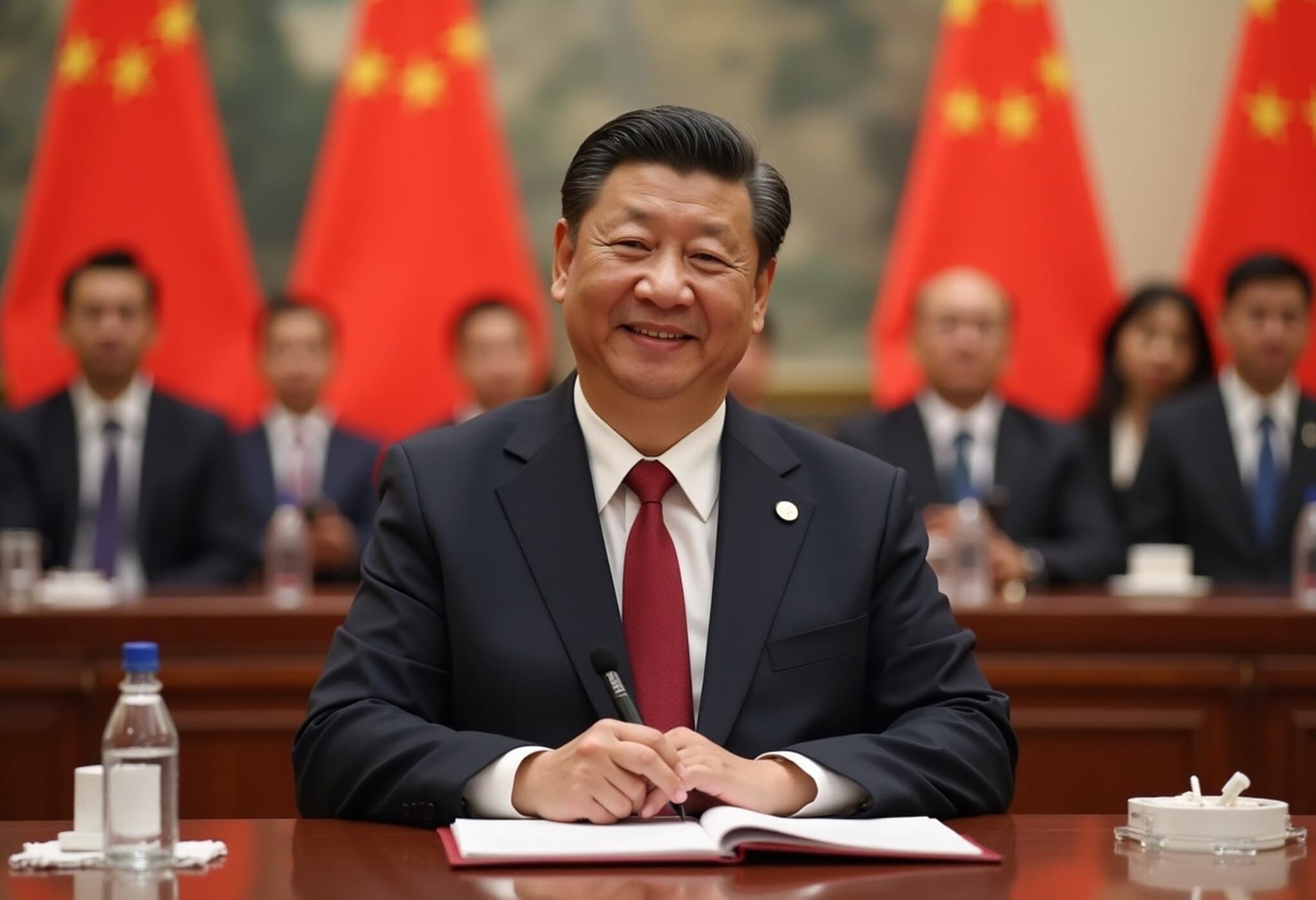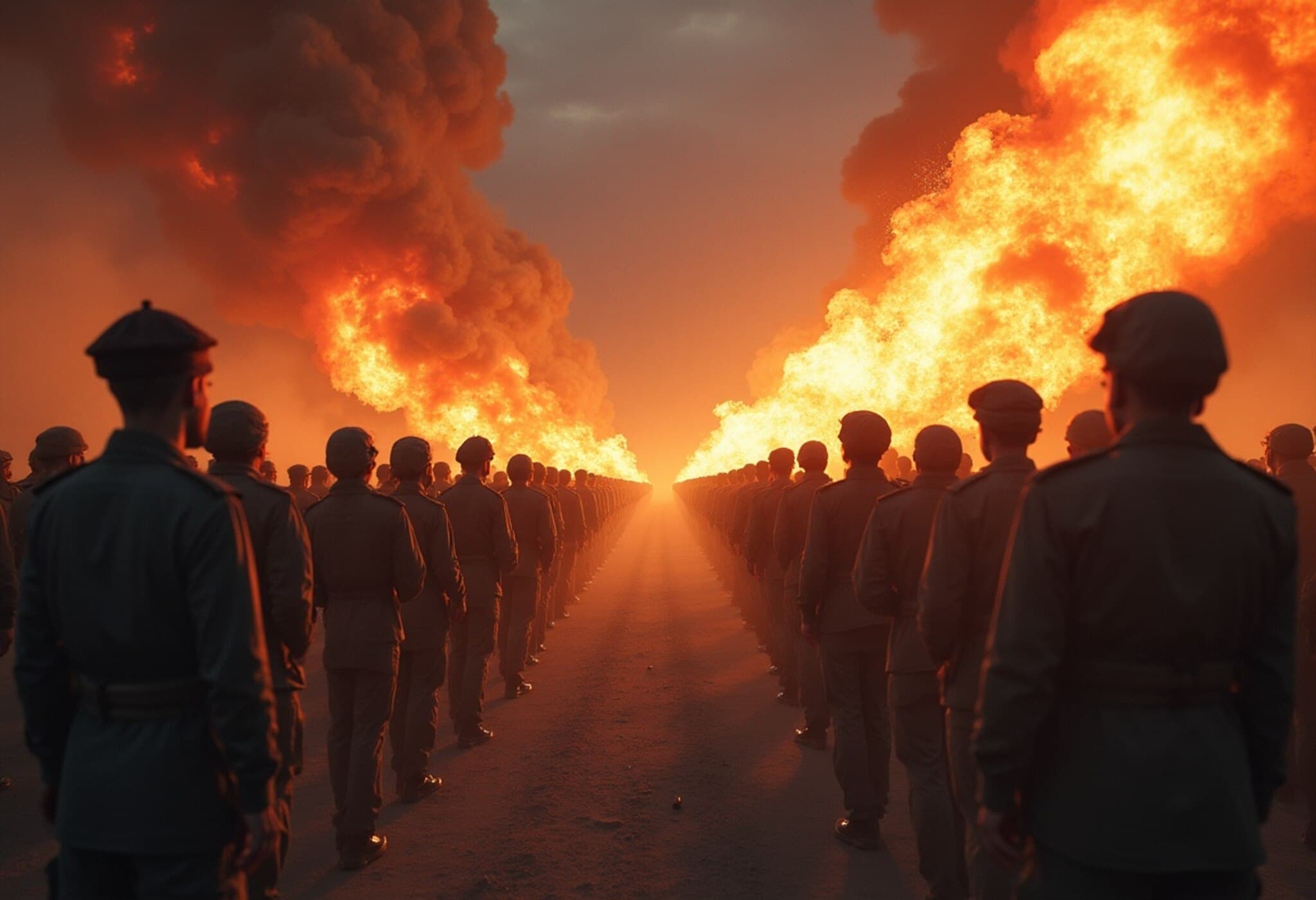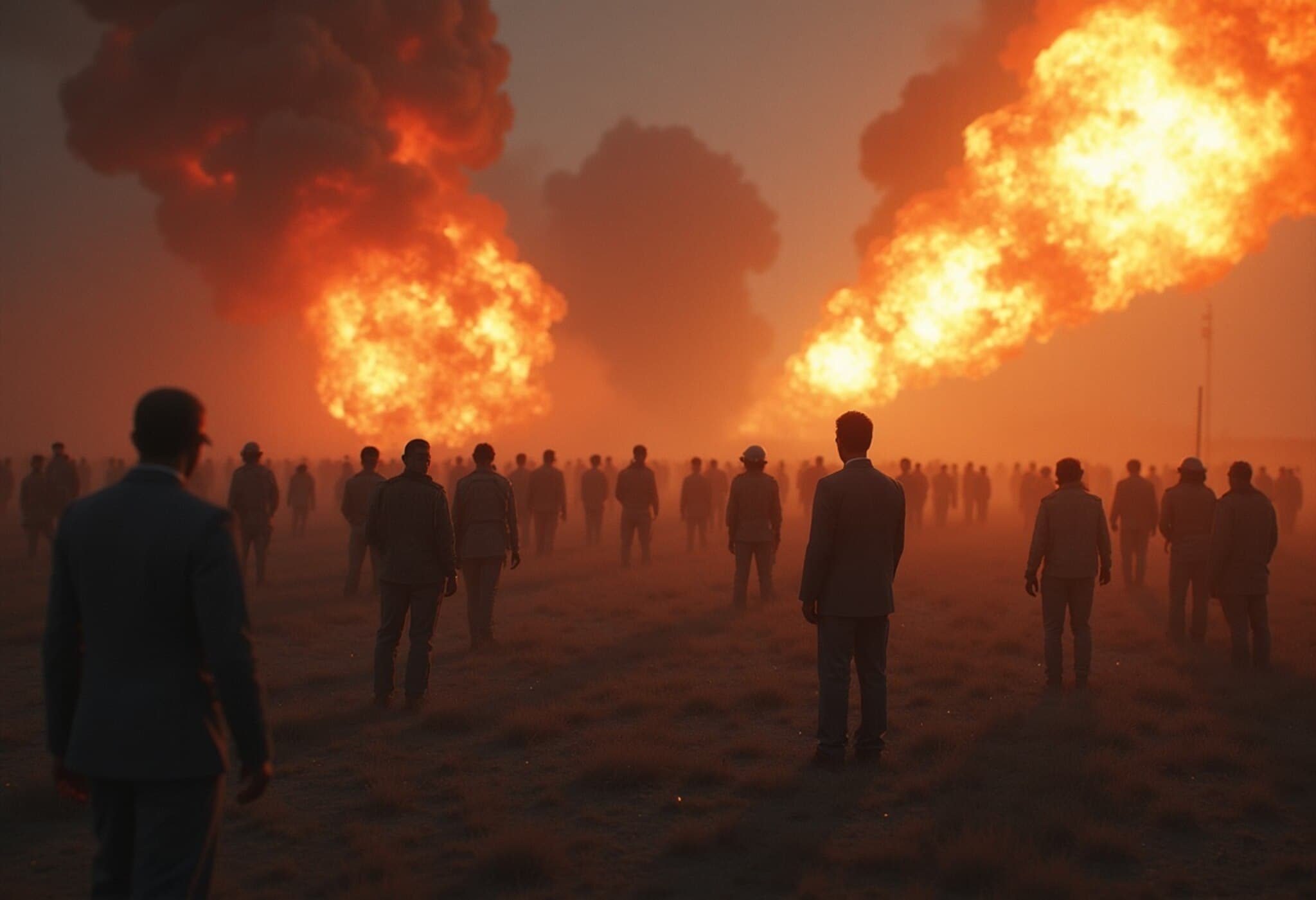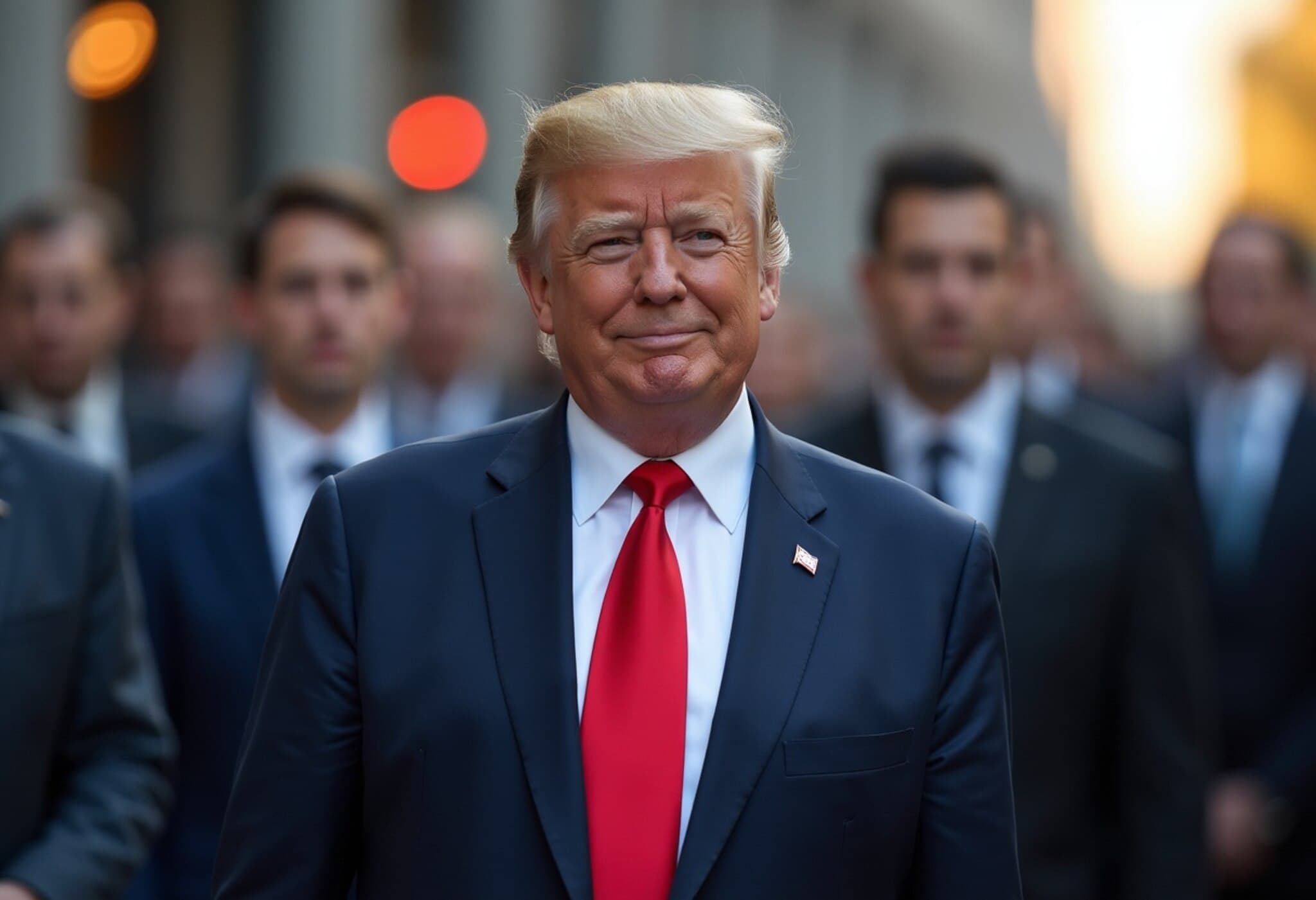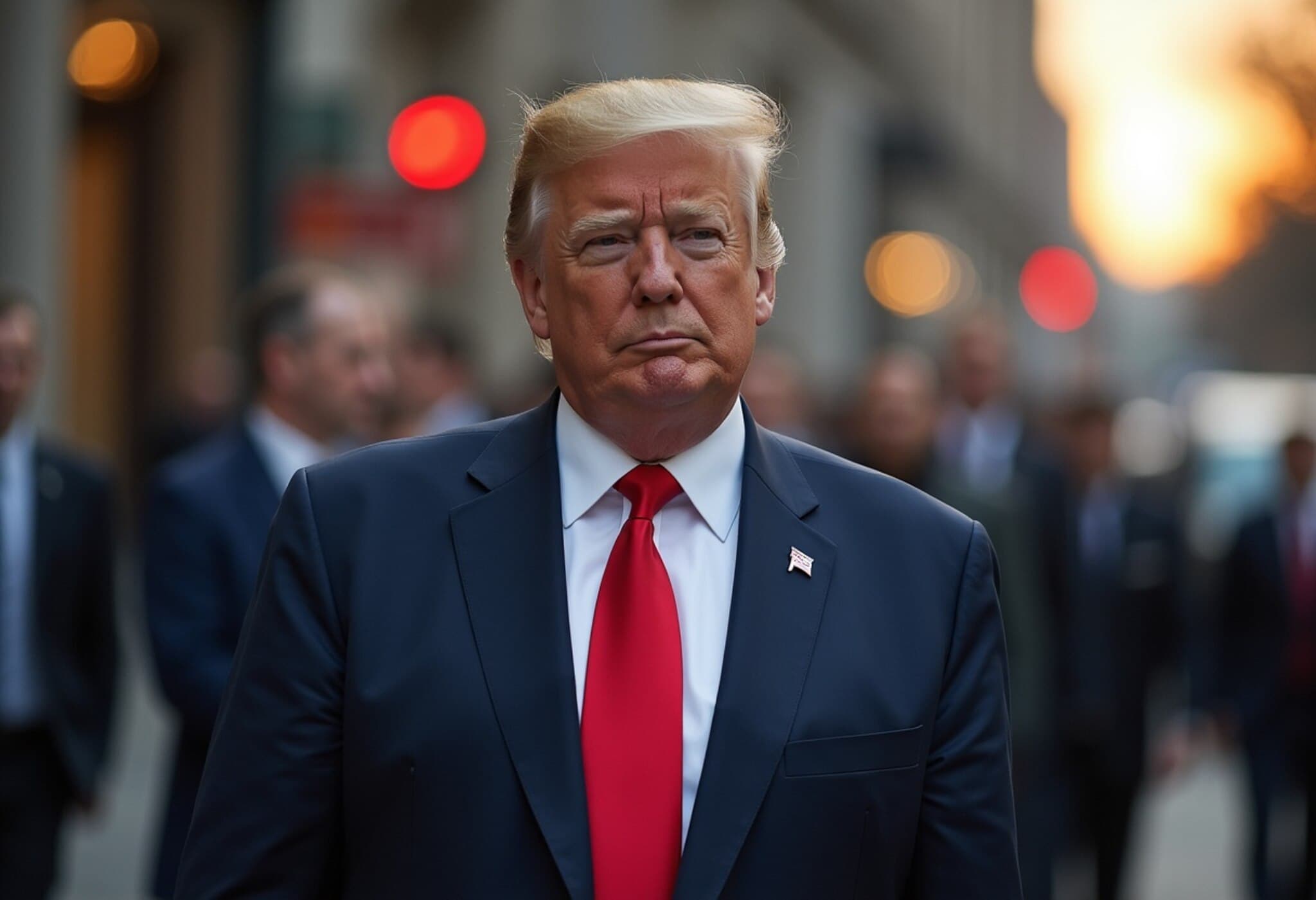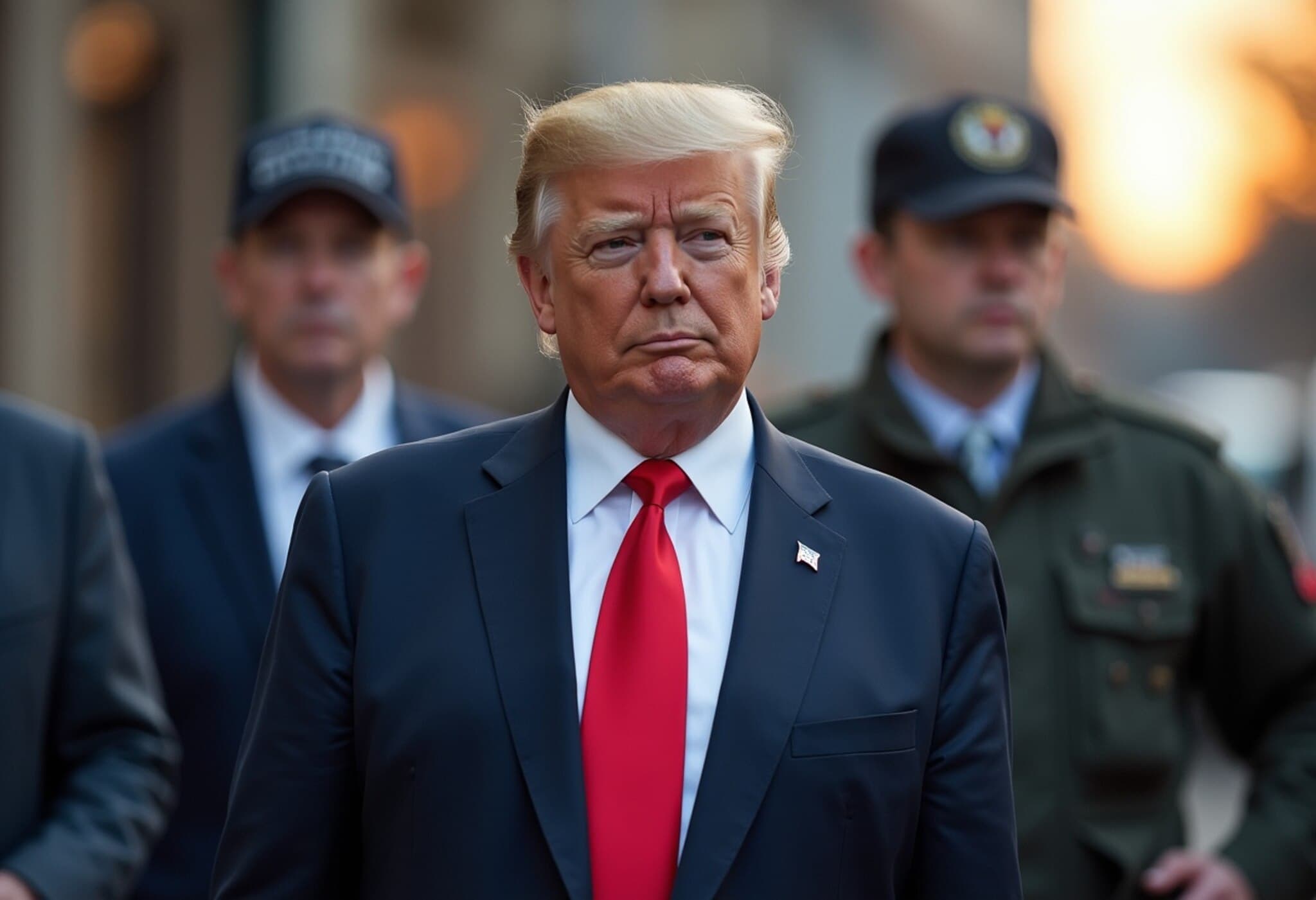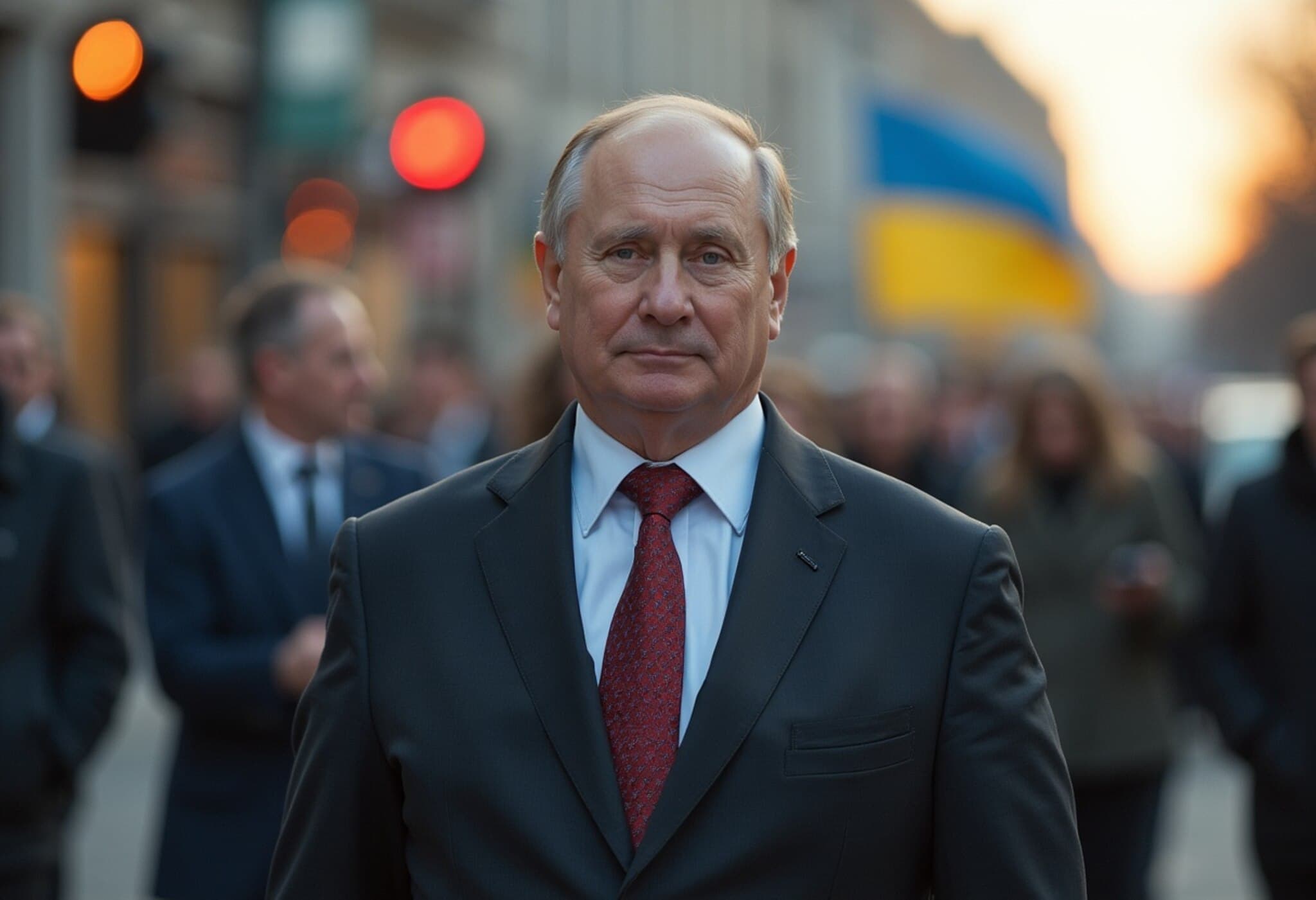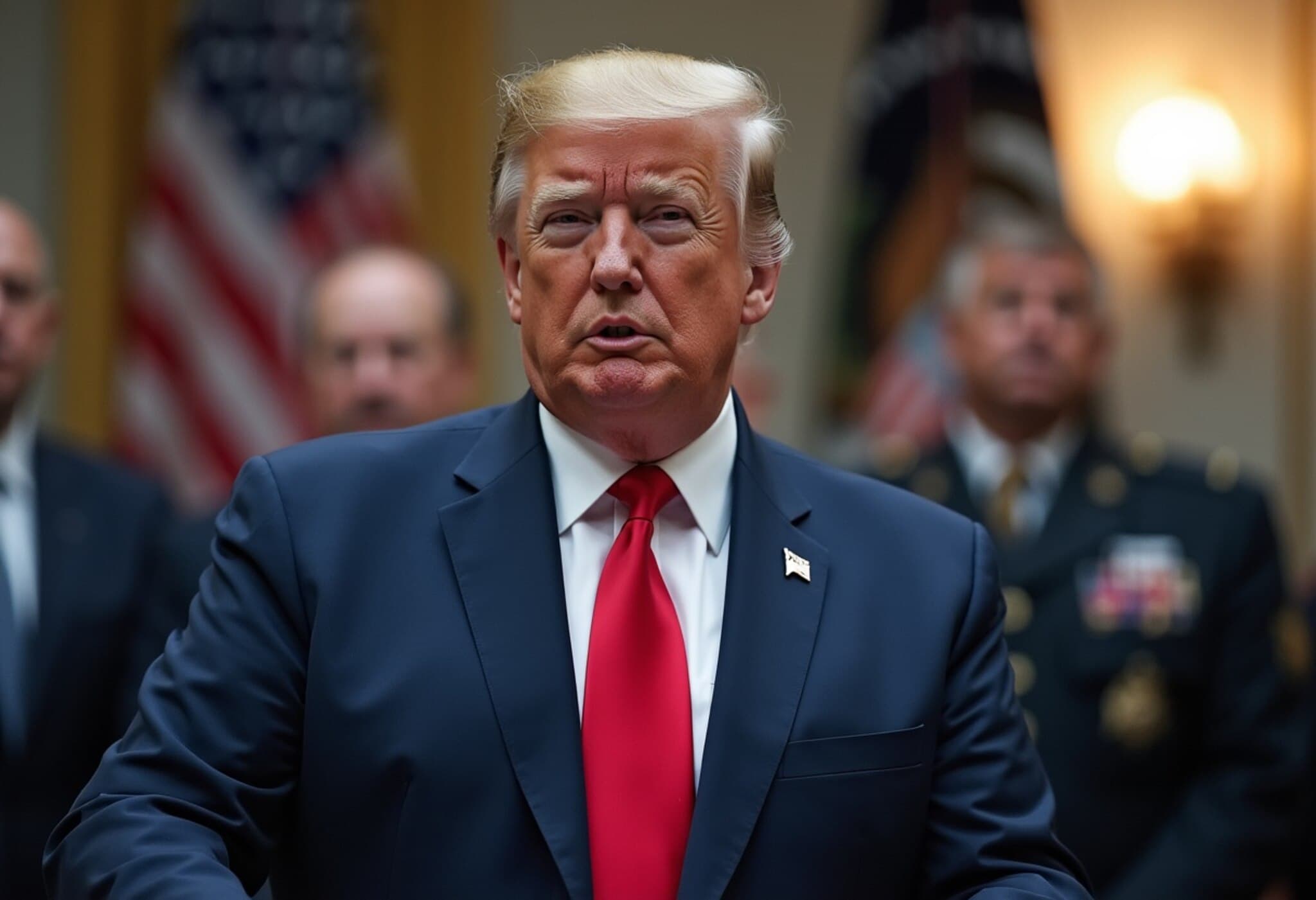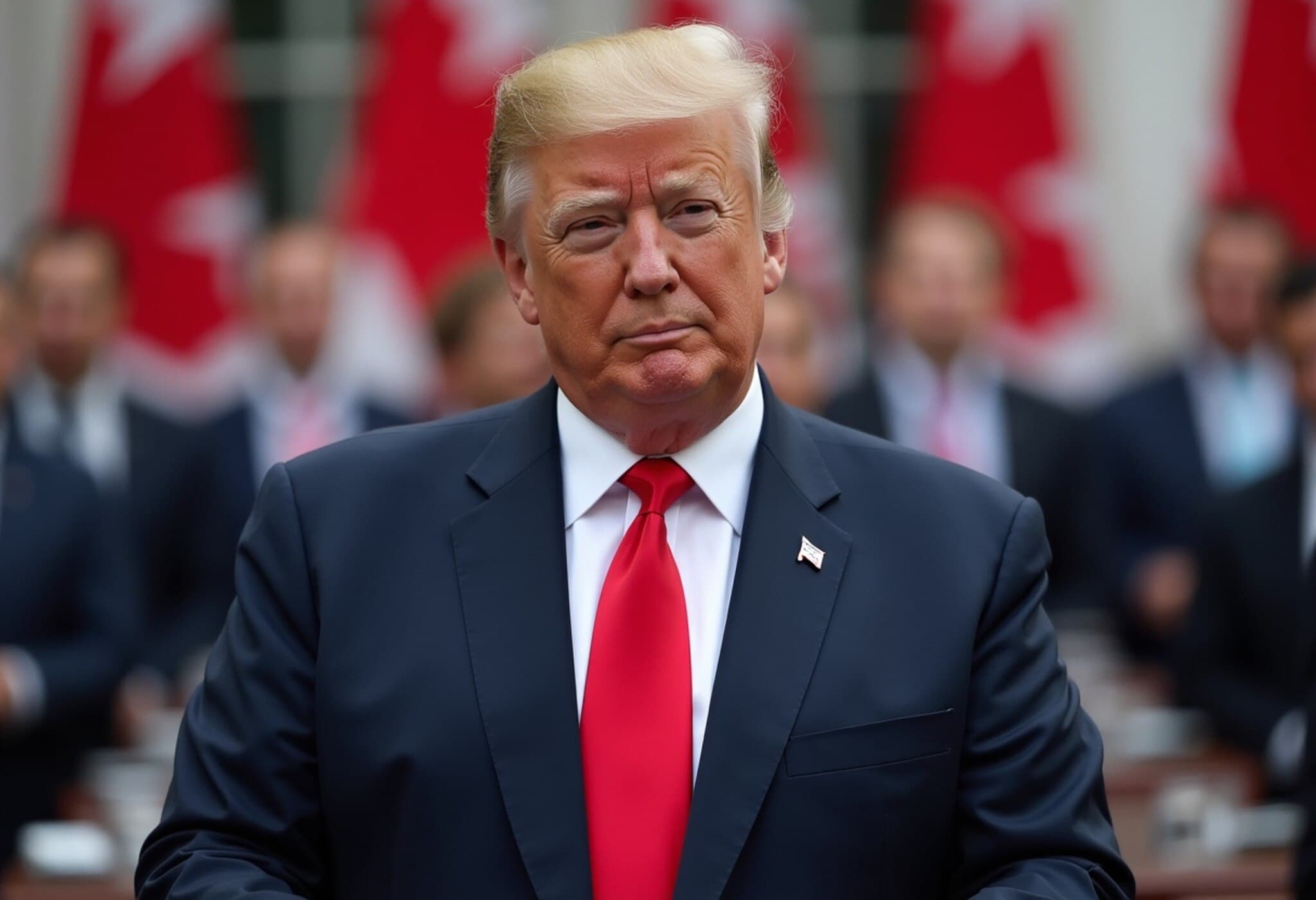Russia Asserts Sanctions Immunity as U.S. Threatens New Tariffs
On July 30, 2025, the Kremlin responded to fresh warnings from U.S. President Donald Trump regarding increased economic sanctions on Russia, underscoring that Moscow believes it has built resilience against such punitive measures. The announcement comes as tensions continue to simmer over Russia’s ongoing conflict in Ukraine, now entering its fourth year.
Trump’s Ultimatum: A 10-Day Countdown
In a stern address on Tuesday, President Trump declared that if Russia makes no progress towards ceasing its military engagement in Ukraine within 10 days, the United States would impose new tariffs and potentially other economic restrictions. These measures aim to exert additional pressure on Moscow to rethink its strategy in the region.
Kremlin’s Response: Experience Breeds Immunity
Speaking to the press, Kremlin spokesperson Dmitry Peskov dismissed the new threats as unlikely to derail Russia. “We have been living under a huge number of sanctions for quite a long time,” Peskov said. “Our economy operates under a vast range of restrictions, so naturally, we have already developed a certain immunity to such measures.”
Peskov emphasized that Moscow was closely monitoring all statements from President Trump and other international actors but remained steadfast in its position.
Contextualizing Russia’s Economic Resilience
Russia’s assertion of “sanctions immunity” reflects a complex reality. Since 2014, following the annexation of Crimea and the start of hostilities in eastern Ukraine, the West—led by the U.S. and EU—has imposed a series of escalating sanctions aimed at cutting off Russia’s financial and energy sectors from global markets. Over time, Russia has diversified its economic partnerships, increased self-reliance in key industries, and built substantial foreign reserves.
- Economic Adaptations: Russia has fostered closer ties with non-Western economies, particularly China and India, creating alternative export routes and financial systems.
- Currency Controls: The Russian government has implemented stricter currency controls to stabilize the ruble under external pressure.
- Domestic Innovation: Efforts to reduce dependency on imported technology and goods have accelerated.
These strategies contribute to a form of economic resilience — if not total immunity — that complicates the impact of Western sanctions.
Expert Perspectives and Unanswered Questions
Policy analysts caution that while Russia currently appears shielded, the cumulative effects of sanctions can erode long-term economic growth and innovation. The critical question remains how Moscow’s economic immunity might hold up if sanctions intensify or extend unprecedentedly.
Moreover, there is an important geopolitical angle—increased sanctions may push Russia into deeper alignment with other global powers challenging U.S. hegemony, altering international alliances in unpredictable ways.
Additionally, critics argue that rhetoric about sanctions immunity can serve as domestic propaganda, bolstering nationalistic sentiment while masking underlying economic vulnerabilities.
Looking Ahead: The Stakes for U.S.-Russia Relations
With the Ukraine war dragging on and diplomatic channels strained, the scenario announced by President Trump sets a ticking clock. It invites reflection on the efficacy of sanctions as a tool for conflict resolution and raises concerns over potential escalation.
For the United States, balancing pressure with engagement is delicate, especially amid global economic uncertainties. For Russia, the challenge lies in sustaining economic stability without abandoning its strategic objectives in Ukraine.
Key Takeaways
- Russia declares immunity to sanctions based on years of economic experience and strategic adjustments.
- U.S. threatens new tariffs in 10 days if no progress on Ukraine conflict.
- Economic resilience is complex and may not equate to invulnerability.
- Geopolitical consequences could reshape alliances beyond the immediate conflict.
Editor’s Note
While Russia’s claim of sanctions immunity captures its adaption to a challenging economic landscape, the evolving nature of international sanctions and geopolitical dynamics means this immunity is far from absolute. Observers should watch closely how both parties navigate this confrontation — not only through economic measures but also through diplomatic signaling and potential shifts in global power structures. The unfolding developments carry implications well beyond Russia and the United States, touching on global stability, energy security, and the rules-based international order.

